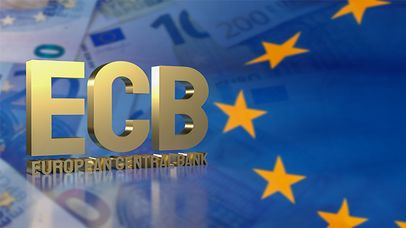
Euronext Bonds
"Euronext" European Union
9 bps
A bond serves as a financial instrument that allows individuals to make loans to entities such as governments or corporations. In this agreement, the institution agrees to pay a predetermined interest rate on the invested amount for the life of the bond. In addition, the principal amount is returned upon completion of the loan term. Given that bonds are classified as “negotiable securities,” they can be bought and sold on the secondary market. Therefore, investors have the potential to make a profit if the bond's value rises, or to mitigate losses if they sell a bond that has depreciated in value. Notably, the value of a bond, which is a debt instrument, is closely related to prevailing interest rates.
Exchange and over-the-counter transactions
Various options on universal underlying assets
Public and private
Diversity and Risk Management
Interest
Timely payment of interest


"Euronext" European Union
9 bps

"EMEA" European Union
9 bps

"Corporate" European Union
9 bps

"Government" European Union
9 bps

"Exotics" Any country
Contact your manager

"MSE" Malta
Contact your manager

"Corporate" United States
9 bps

"Government" United States
9 bps
Bonds are debt instruments issued by governments or corporations to raise capital. When you buy a bond, you’re essentially lending money to the issuer in exchange for regular interest payments and the return of the principal at maturity. One key feature of trading bonds is their relative stability compared to stocks — they are considered lower-risk investments. Government bonds, like U.S. Treasuries, are often seen as safe havens during market uncertainty. Bond prices move inversely to interest rates, meaning when rates rise, bond prices typically fall, and vice versa. Investors use bonds to preserve capital, generate steady income, or diversify their portfolio.
* opening and closing hours are indicated by UTC +0